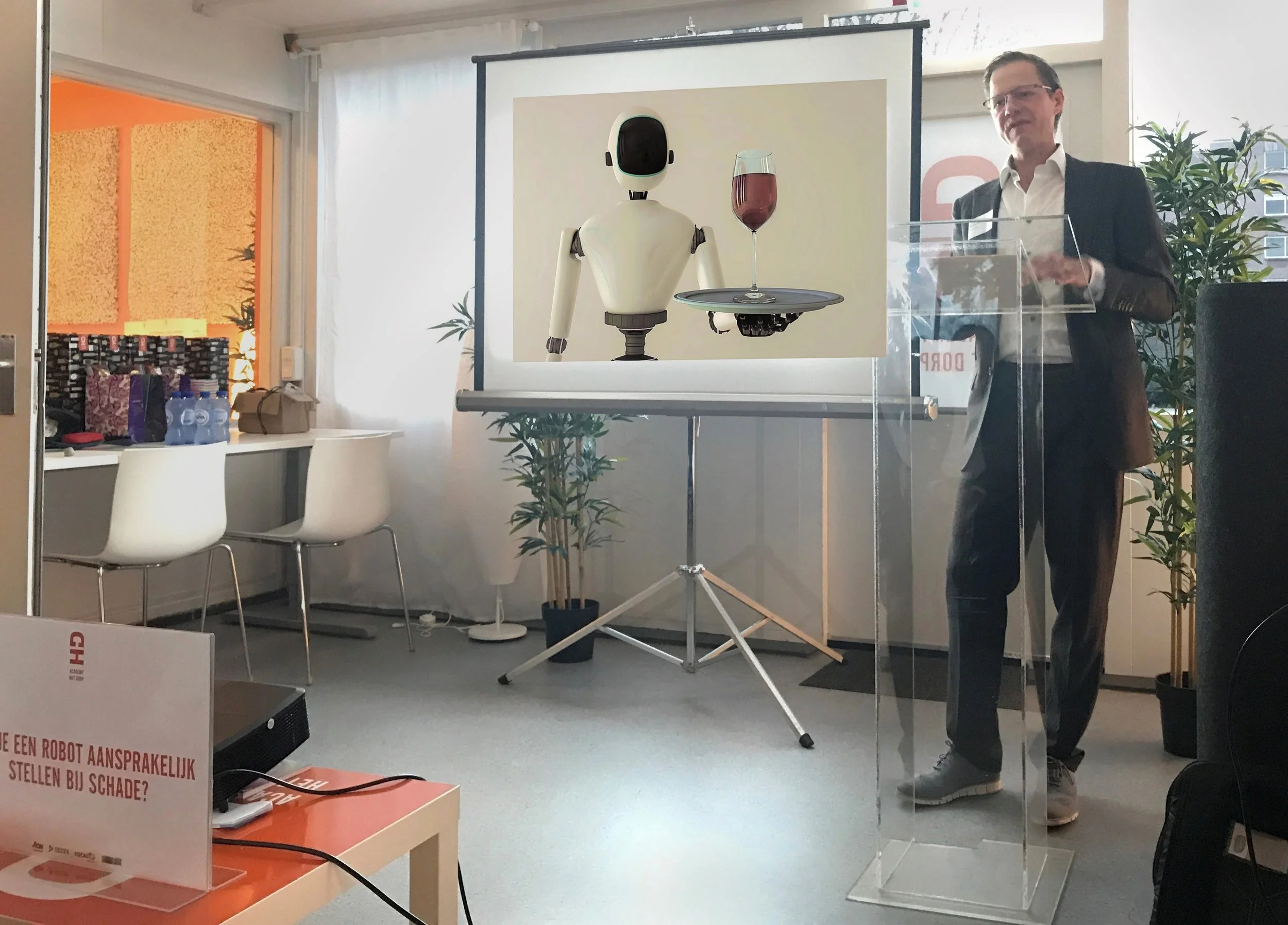A collaborative research initiative by scholars from Stanford, Harvard, and MIT, published by the Petrie-Flom Center at Harvard Law School, the Stanford Center for Responsible Quantum Technology, and the European Commission, delves into the complex regulatory and ethical landscape of integrating quantum technologies and artificial intelligence (AI) into the healthcare and life sciences sectors. This series of policy guides and analyses, authored by an interdisciplinary team including Mauritz Kop, Suzan Slijpen, Katie Liu, Jin-Hee Lee, Constanze Albrecht, and I. Glenn Cohen, offers a comprehensive examination of the transformative potential and inherent challenges of this technological convergence.
Regulating Quantum & AI in Healthcare and Medicine: A Brief Policy Guide
This body of research, examining the entangled legal, ethical, and policy dimensions of integrating quantum technologies and AI into healthcare, is articulated across a series of publications in leading academic and policy forums. These works collaboratively build a comprehensive framework for understanding and navigating the future of medicine. A related policy guide was also published on the European Commission's Futurium platform, further disseminating these findings to a key international policymaking audience. The specific publications include:
1. A Brief Quantum Medicine Policy Guidehttps://blog.petrieflom.law.harvard.edu/2024/12/06/a-brief-quantum-medicine-policy-guide/
2. How Quantum Technologies May Be Integrated Into Healthcare, What Regulators Should Considerhttps://law.stanford.edu/publications/how-quantum-technologies-may-be-integrated-into-healthcare-what-regulators-should-consider/
3. EU and US Regulatory Challenges Facing AI Health Care Innovator Firmshttps://blog.petrieflom.law.harvard.edu/2024/04/04/eu-and-us-regulatory-challenges-facing-ai-health-care-innovator-firms/
4. Regulating Quantum & AI in Healthcare: A Brief Policy Guidehttps://futurium.ec.europa.eu/en/european-ai-alliance/document/regulating-quantum-ai-healthcare-brief-policy-guide
by Mauritz Kop, Suzan Slijpen, Katie Liu, Jin-Hee Lee, Constanze Albrecht & I. Glenn Cohen
Forging the Future of Medicine: A Scholarly Perspective on the Law, Ethics, and Policy of Quantum and AI in Healthcare
The research posits that the fusion of AI with second-generation quantum technologies (2G QT)—which harness quantum-mechanical phenomena like superposition and entanglement—is poised to revolutionize precision medicine. This synergy of quantum computing, sensing and simulation with artificial intelligence promises hyper-personalized healthcare solutions, capable of tackling intricate medical problems that lie beyond the grasp of classical computing. The potential applications are vast, spanning from accelerated drug discovery and development workflows and enhanced diagnostic imaging to rapid genome sequencing and real-time health monitoring. For instance, quantum simulations could model molecular interactions to create more effective pharmaceuticals, while quantum dots may offer novel platforms for targeted cancer therapies and treatments for neurodegenerative conditions by overcoming the blood-brain barrier.
However, the authors caution that these groundbreaking advancements are accompanied by significant ethical, legal, socio-economic, and policy (ELSPI) implications. The emergence of Quantum Artificial Intelligence (QAI), Quantum Machine Learning (QML), and Quantum Large Language Models (QLLM) is expected to amplify these ELSPI concerns. The dual-use nature of these technologies, such as their potential application in gain-of-function research, necessitates a principled and human-centric governance approach.
Meer lezen










